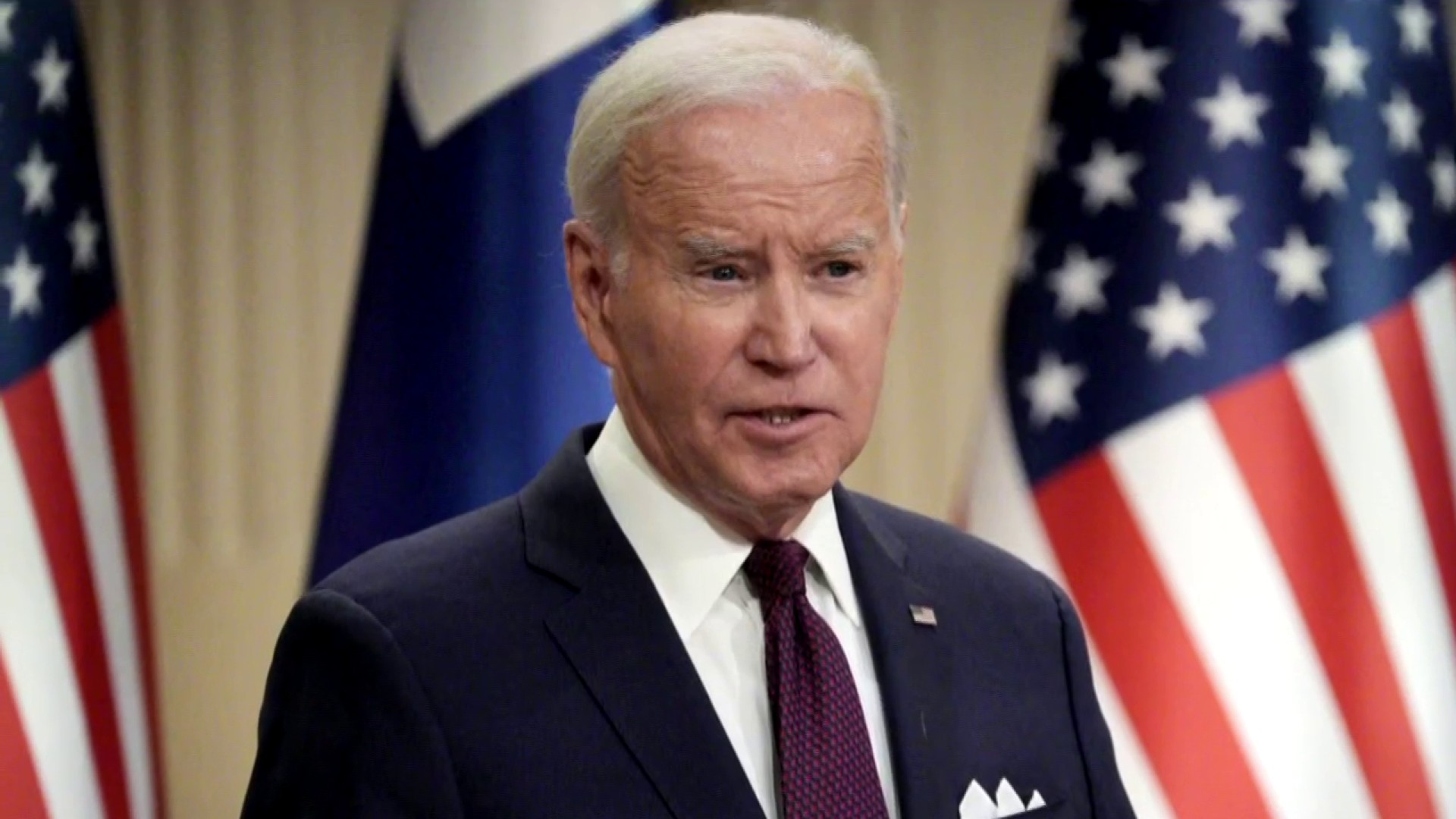U.S. District Judge Louis Guirola of Gulfport, Mississippi, recently blocked the Biden administration’s rule intended to prohibit discrimination based on gender identity in healthcare, a decision that has generated a great deal of debate across the country. This decision is made against a background of social unrest and legal challenges pertaining to transgender people’s rights and protections in the healthcare system.
Recognizing the Rule of the Biden Administration
The Biden administration’s rule, which was completed in May and is soon to go into effect, was a significant step in determining the extent of the anti-sex discrimination provisions of the Affordable Care Act. By clearly extending these protections to cover discrimination against transgender people, the rule upholds their right to obtain healthcare services without facing discrimination on the basis of their gender identity.
This action was in line with President Joe Biden’s larger commitment to equality and civil rights, which was stated in an executive order issued in 2022 directing federal agencies to take affirmative action to guarantee that transgender people receive equal treatment in all areas of public life, including healthcare.
Legal Disputes and Court Decisions
Fifteen states led by Republicans, however, immediately filed lawsuits against the rule, claiming that the Biden administration had exceeded its jurisdiction by extending the definition of sex discrimination under the law. The fact that Judge Guirola decided to halt the rule’s implementation while additional legal action was taken highlights the difficult legal landscape that surrounds interpretations of executive authority and federal healthcare statutes.
The decision has sparked a contentious discussion about how to strike a balance between defending states’ rights to overturn federal laws they believe to be unconstitutional and defending the rights of transgender people. The blocked rule’s proponents contend that it is an essential barrier against discrimination and guarantees transgender individuals, who frequently encounter substantial obstacles and inequalities in healthcare access, fair access to healthcare.
Impact on Transgender Health and Rights
For transgender individuals, the implications of this legal setback are profound. Access to healthcare services tailored to their unique medical needs, including hormone therapy, gender-affirming surgeries, and mental health support, remains a crucial aspect of affirming their identity and well-being. The uncertainty created by the legal challenges jeopardizes progress towards achieving healthcare equality and inclusivity for all.
Advocacy groups and healthcare providers specializing in transgender care have expressed disappointment and concern over the potential rollback of protections. They argue that such rulings not only undermine efforts to combat discrimination but also perpetuate systemic barriers that contribute to health disparities within the transgender community.
Legislative Action and Federal Agencies’ Role
The U.S. Department of Health and Human Services, which is in charge of releasing the rule, has not yet provided a statement regarding Judge Guirola’s ruling or stated what will happen next. Within the parameters of current legal frameworks, the Biden administration may pursue appeals or other tactics to uphold its commitment to protecting transgender rights.
In the meantime, discussions about federal and state legislation aimed at strengthening healthcare protections for transgender people are still ongoing. State legislatures have introduced a range of bills addressing transgender healthcare, reflecting divergent perspectives on issues such as access to puberty blockers for minors and coverage for gender-affirming treatments under public insurance programs.
Public Views and Their Effect on Society
Public opinion on issues of gender identity and healthcare rights remains deeply divided, reflecting broader societal attitudes towards LGBTQ+ rights and civil liberties. Polling data indicates varying levels of support for policies aimed at safeguarding transgender rights, underscoring the complexity of navigating these issues within a democratic framework.

Towards Equality and Justice
As the legal and legislative landscape evolves, the future of healthcare equality for transgender individuals hangs in the balance. The outcome of ongoing legal challenges, including potential appeals and Supreme Court decisions, will shape the trajectory of transgender rights in healthcare and beyond.
An important turning point in the continuous fight for justice and equality in healthcare has been reached with the blocking of the Biden administration’s gender identity discrimination regulation. The ruling emphasizes the interplay between human rights, politics, and the law, as well as the opportunities and difficulties in advancing inclusive healthcare policies that uphold the dignity of every person, regardless of gender identity. As stakeholders continue to advocate for comprehensive protections and equal access to healthcare, the journey towards achieving full equality for transgender individuals remains an urgent and evolving priority in the pursuit of social justice.
